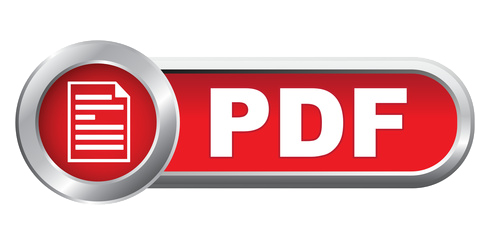Technical / Electrical Engineering
Electrical Equipment Testing, Inspection, Troubleshooting & Maintenance
TE349
No Schedule Course Found, You can Request Schedule or ask for a proposal to get as in-House for your team. Request eProposale
This comprehensive course equips corporate maintenance teams and electrical professionals with critical expertise to ensure the safe, reliable, and efficient operation of electrical systems. Addressing real-world maintenance and diagnostic challenges, the program delivers practical tools for reducing downtime, maximizing equipment longevity, and maintaining safety compliance in industrial and commercial environments.
By the end of this course, participants will be able to:
- Identify and mitigate hazards in electrical power systems
- Conduct testing and commissioning of key electrical equipment
- Diagnose faults using modern inspection and testing tools
- Apply predictive and preventive maintenance strategies effectively
- Troubleshoot failures in generators, transformers, and control systems
- Electrical engineers and technicians in industrial/commercial sectors
- Maintenance staff in oil and gas processing facilities
- Plant electricians responsible for troubleshooting
- QA/QC professionals focused on electrical inspections
1. Understanding Electrical Equipment
- Testing and troubleshooting methodologies
- Use of electrical drawings and meters
- Circuit continuity tests
- Commissioning standards and procedures
2. Condition Monitoring for Electrical Equipment
- Condition-based and reliability-centered maintenance
- Insulation resistance and hi-pot testing
- Transformer oil diagnostics and system monitoring
- Grounding system evaluation
3. Generator Fundamentals, Maintenance, and Troubleshooting
- Principles of AC generators and voltage regulation
- Synchronization and load sharing in diesel generators
- Diagnosing voltage issues and operational faults
- Generator testing and maintenance protocols
4. Circuit Breaker and Transformer Maintenance and Testing
- Maintenance of air, vacuum, SF6, and oil breakers
- Transformer cooling and loss analysis
- Transformer oil testing and fault identification
- Testing protective devices
5. UPS, Rectifiers, Inverters, and Battery Maintenance
- Overview of UPS and inverter technologies
- Battery charging and discharge safety
- Troubleshooting rectifiers and power supply units
- Maintenance plans for power continuity
6. Electrical Inspection and Testing Techniques
- Inspection standards for electrical installations
- Operation of test equipment (megger, oscilloscope, etc.)
- Identifying common mode failures
- Group exercises on practical inspection cases
7. Interpreting Drawings and Developing Job Plans
- Reading single-line and control schematics
- Understanding standard electrical symbols
- Safety codes and hazardous area classification
- Creating job plans based on drawings
8. Open Session and Practical Applications
- Real-world case studies on electrical issues
- Group troubleshooting exercises
- Final Q&A and wrap-up discussion
The course combines various teaching methods, including instructor-led presentations, group discussions, case study analyses, and assessments through quizzes and a final exam to engage participants and ensure they understand and retain the material.
Terms & Conditions
ACTrain reserves the right to alter the Course Schedule without Prior Notification, Fees Quoted are Subject to Terms & Conditions Outlined in ACTrain's Registration Policy







